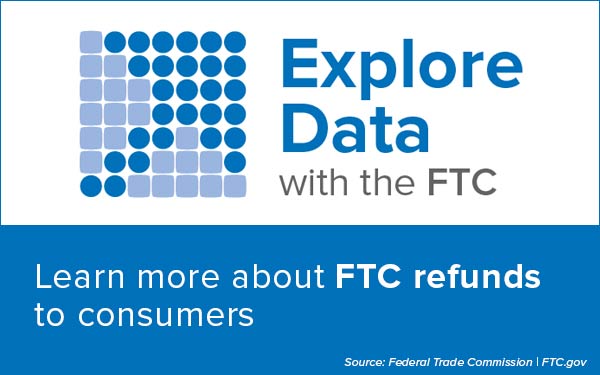The Federal Trade Commission is sending 31,075 checks to people who were deceived by Elite IT Partners Inc. into paying for costly and unnecessary computer repair services.
In a complaint filed 2019, the FTC alleged that Elite IT used Internet ads to target consumers looking for help recovering their email passwords. Consumers who responded to Elite’s ads were encouraged to provide their names, email addresses, and phone numbers. Elite’s telemarketers then reached out to consumers—often pretending to be associated with well-known companies like Microsoft and Yahoo!—and pressured consumers to provide access to their computers. The telemarketers ran bogus “diagnostic” tests, claimed consumers’ computers and personal information were in imminent danger, and convinced many consumers to pay large sums for immediate cleaning of their computers, antivirus software, and ongoing technical support services. The FTC alleged that the scheme affected tens of thousands of consumers. 
The FTC is using the money it recovered from Elite IT and its President and CEO, James Martinos, as part of a settlement announced in December 2019 to provide refunds totaling nearly $300,000. People who receive refund checks should deposit or cash them within 90 days, as indicated on the check. Recipients who have questions about their checks can call the refund administrator, Analytics, at 1-866-974-1467. The FTC never requires people to pay money or provide account information to cash a refund check.
The FTC’s interactive dashboards for refund data provide a state-by-state breakdown of FTC refunds. In 2020, FTC actions led to more than $483 million in refunds to consumers across the country, but the United States Supreme Court ruled earlier this year that the FTC lacks authority under Section 13(b) to seek monetary relief in federal court going forward. The Commission has urged Congress to restore the FTC’s ability to get money back for consumers.
The Federal Trade Commission works to promote competition and protect and educate consumers. The FTC will never demand money, make threats, tell you to transfer money, or promise you a prize. Learn more about consumer topics at consumer.ftc.gov, or report fraud, scams, and bad business practices at ReportFraud.ftc.gov. Follow the FTC on social media, read consumer alerts and the business blog, and sign up to get the latest FTC news and alerts.
